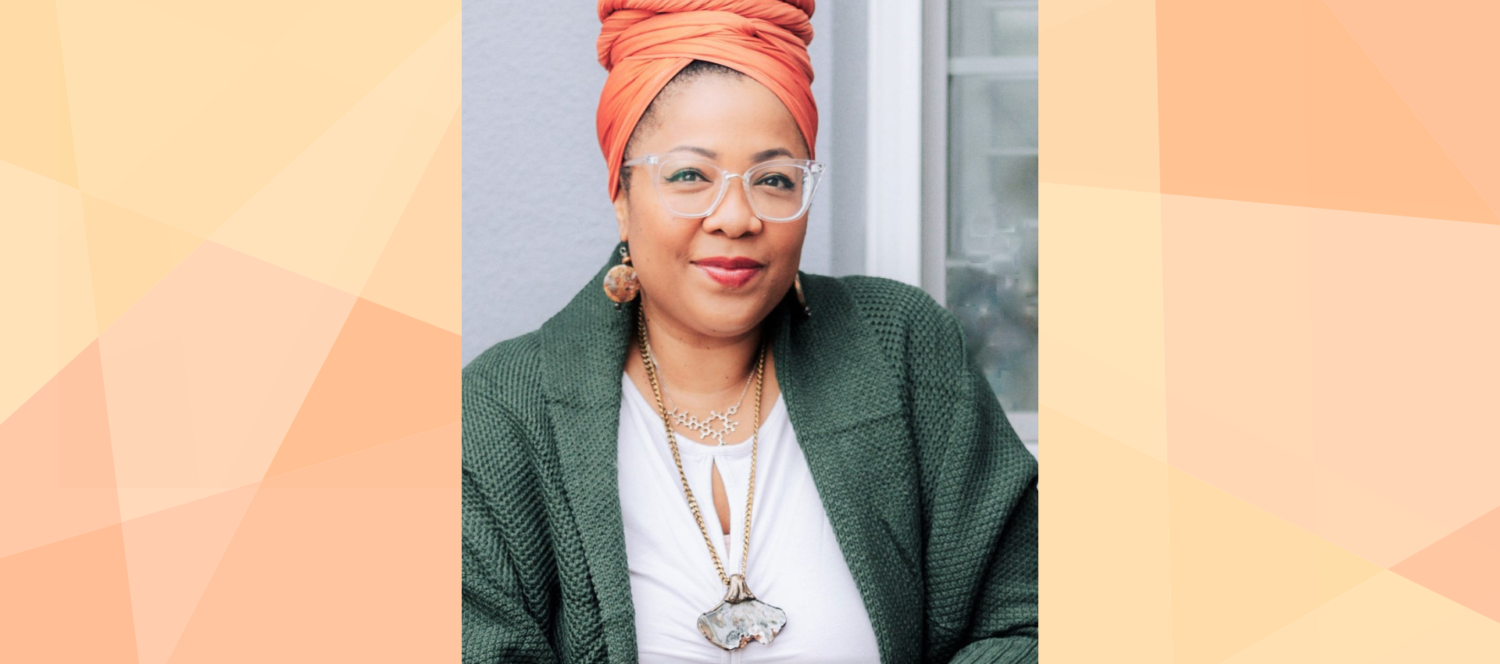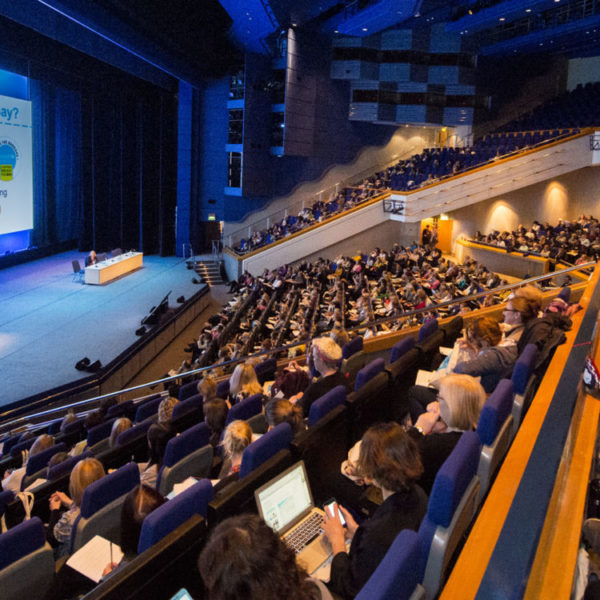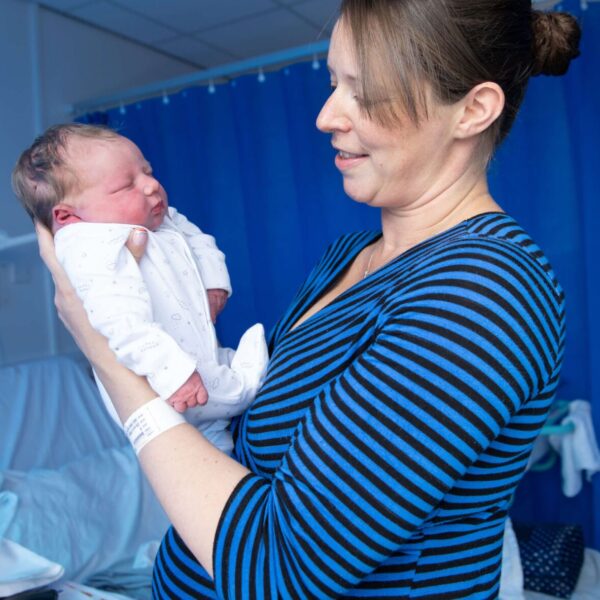Approaching care when you’re barely there: Re-imagining empathy when you’ve got nothing left to give: 2021 Annual Conference guest speaker Nekisha Killings discusses a change in the approach of empathy
Nekisha Killings, MPH, IBCLC is the Perinatal Equity Strategist for Lioness Lactation LLC.
While there have been underpinnings of the concept of empathy throughout my career as a healthcare professional, this topic became most prevalent to me in the midst of the global pandemic while high levels of civil unrest were occurring around the world.
As healthcare providers at this time, we found ourselves in a precarious space where we were overwhelmed with the responsibility of being present for others while also experiencing the same collective trauma as the rest of the world. Add to that the rapid adjustment to new and unprecedented workplace safety measures along with mounting pressure to keep both ourselves and our families safe, and it’s no surprise that I was beginning to observe serious strain in colleagues. It was becoming increasingly difficult for many to simply ‘show up’. Those around me who were once a source of light were slowly beginning to burn out.
When this happens, and we find ourselves drained, we can start to lose the ability to be compassionate. It is almost a ‘clinical lack of empathy’ where we can become hardened to the experience of others. This can be harmful, particularly in an environment which requires high levels of empathy, such as the world of lactation support where healthcare providers are seeing babies and families in their most vulnerable state.
As I began to see this occurring all around me, I conducted research on how we came to the term ‘empathy’ and how it can – and should – be re-imagined.
Throughout my studies, I learned that we have little to no current understanding of the original meaning of empathy.
Literature doesn’t always capture how empathy is understood and practiced across different communities – particularly in indigenous communities who have been doing this for millennium.
Instead, our current understanding of empathy is steeped in a patriarchal model, based wholly on western studies of men who usually applied a more cognitive lens to the subject.
This resulted in the situation which we find ourselves in today, where empathy is a rather transactional exercise in which we create assumptions on how others are feeling. Understandably, this can be incredibly draining for a healthcare provider to do on their own.
By taking on an approach more rooted in collectivist culture, which I will discuss further in my talk, communities can exert empathy without having to replenish from their own sources.
It can be very freeing to know that there is a better way to take care of yourself and that there is an approach to empathy which is innate and natural, compared to the more draining and regimented concept that most of us hold of empathy today.





